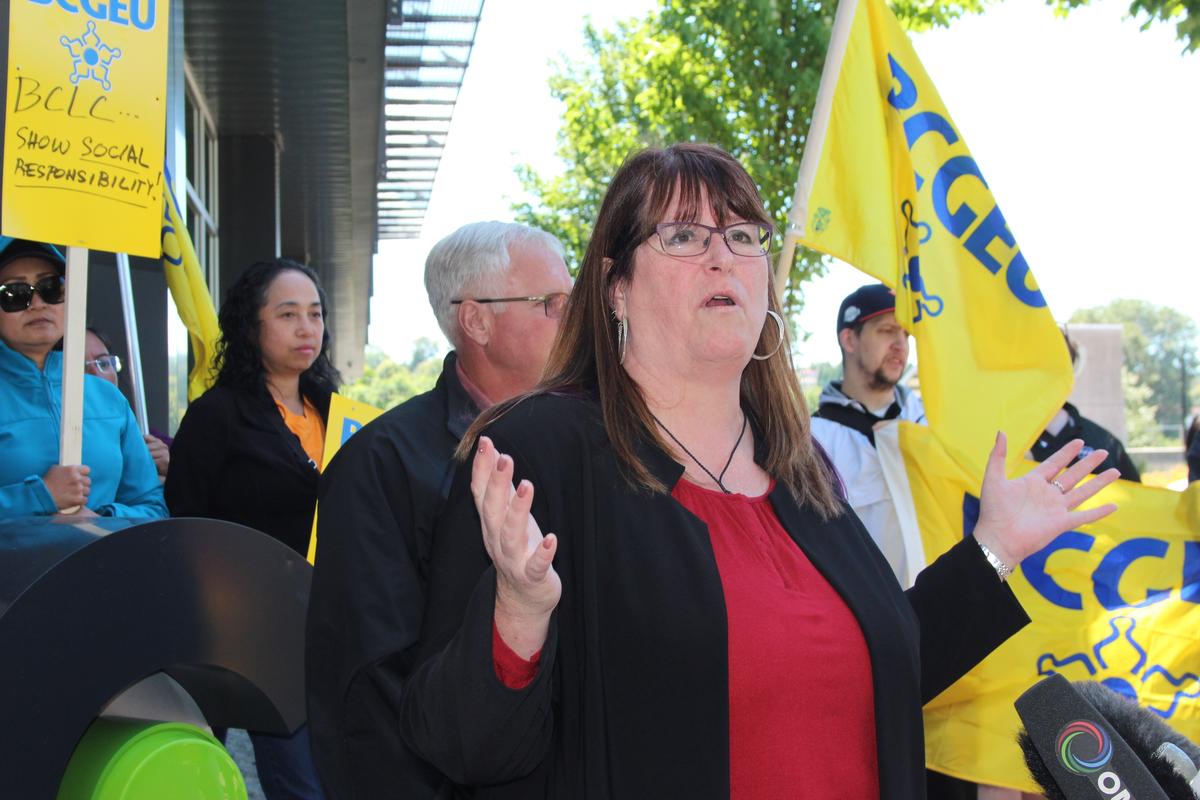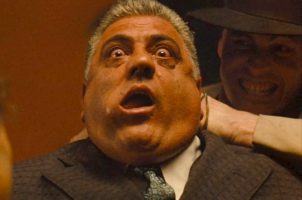British Columbia Labor Union Says Casino Workers Remain Exposed to Organized Crime Syndicates
Posted on: February 26, 2020, 10:31h.
Last updated on: February 26, 2020, 10:51h.
British Columbia’s largest labor union says its members who work inside casinos remain exposed to criminal syndicates that are attempting to launder money.

Stephanie Smith, president of the British Columbia Government and Service Employees’ Union (BCGEU), told the commission investigating money laundering in the province this week that casino workers have been forced to deal with known criminals for decades.
“Published reports and communication with BCGEU members suggest that criminal activity has been a known problem in B.C. casinos since the late 1990s,” Smith told the Cullen Commission of Inquiry Into Money Laundering in British Columbia.
Some have dealt with harassment and intimidation from known criminals and/or associated VIP gamblers,” Smith continued. “All too often, casino management has turned a blind eye to these issues, or in some cases even enabled them, in order to maintain and grow their business.”
Canada’s westernmost province is home to 19 full-scale commercial casinos with slot machines and table games. Additionally, the British Columbia Lottery Corporation owns and operates 17 casinos.
Reforms Needed
Money laundering is flourishing in British Columbia. Last May, B.C. Premier John Hogan announced the formation of the inquiry commission.
The Cullen Commission is tasked with determining the extent, growth, evolution, and methods by which money laundering is being performed in the province. The agency is to make recommendations as to how businesses might be better regulated to safeguard their operations from being used as laundering machines.
Smith said more effective protections for whistleblowers are needed. Along with enabling and protecting whistleblowers, Smith said the commission should recommend increasing the budget for the Gaming Policy Enforcement Branch, which is currently allocated around $11 million annually to oversee a multibillion-dollar gaming industry.
“We would like to see the Commission investigate and make recommendations related to regulatory and institutional reform in the gaming sector, with the health and safety of workers as a central consideration,” she stated.
Criminals Impacting Livelihoods
It’s estimated that $7.4 billion was laundered in the province in 2018. And dirty money isn’t being made clean only through casino cages and banking institutions.
Criminals are reportedly using the housing market to launder money. The B.C. government believes $5 billion in dirty money was laundered through real estate transactions in 2018.
The ever-rising home prices supposedly due to money laundering is negatively impacting the lives of everyday working people. Realtors are now being forced to undergo anti-money laundering courses to improve their identification of suspicious activity.
While various factors have contributed to the housing affordability crisis, the most troubling underlying cause is that housing has come to be seen primarily as a lucrative investment opportunity, rather than a basic human need,” Smith opined.
Just earlier this month, the B.C. director of civil forfeiture filed a claim in the province’s Supreme Court seeking to keep a $25,000 bank draft from convicted criminal Paul King Jin. He was arrested in 2017 on allegations of “laundering the proceeds of crime, participation in activities of a criminal organization, commission of an offense for a criminal organization, and instructing the commission of an offense for a criminal organization.”
Related News Articles
Golden Entertainment Could Glitter with Regional Catalysts, Strat Renovation
Mirage Could Close in 18 Months to Transition to Hard Rock
Convicted Felon Shoots Self with ‘Ghost Gun’ at Cosmopolitan Las Vegas
Most Popular
Las Vegas Overstated F1 Race’s Vegas Impact — Report
Mega Millions Reportedly Mulling Substantial Ticket Price Increase
NoMad Hotel to Check Out of Park MGM on Las Vegas Strip
Most Commented
-
End of the Line for Las Vegas Monorail
— April 5, 2024 — 90 Comments -
Mega Millions Reportedly Mulling Substantial Ticket Price Increase
— April 16, 2024 — 8 Comments -
Long Island Casino Opponents Love New York Licensing Delays
— March 27, 2024 — 5 Comments
















No comments yet